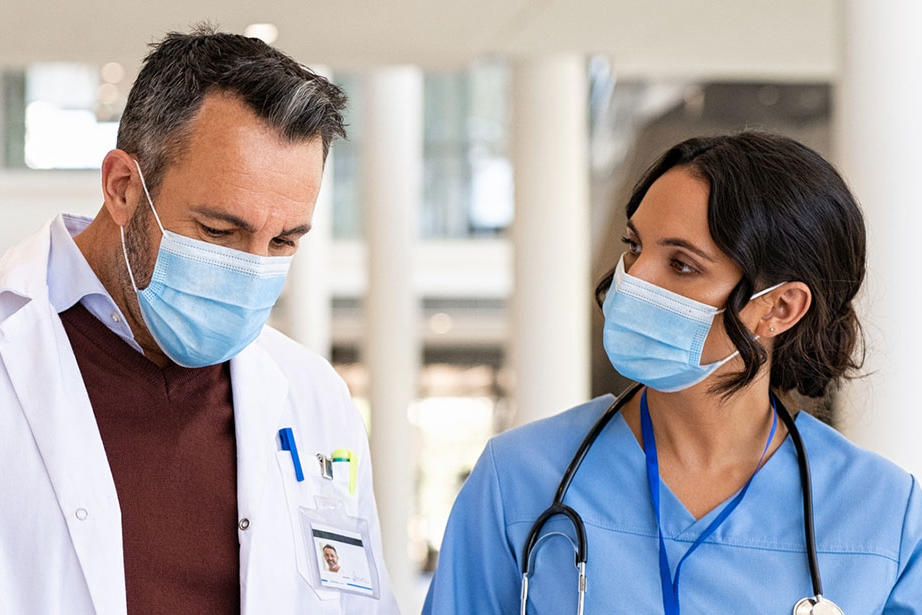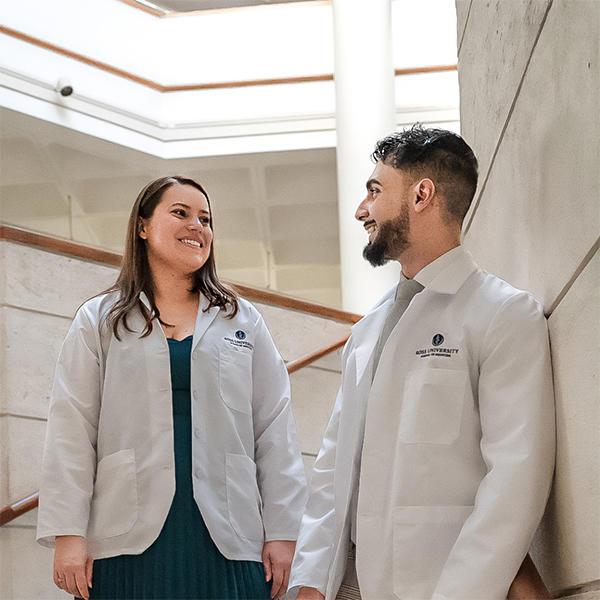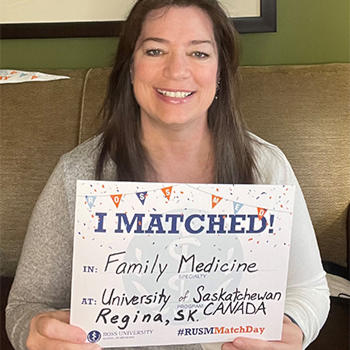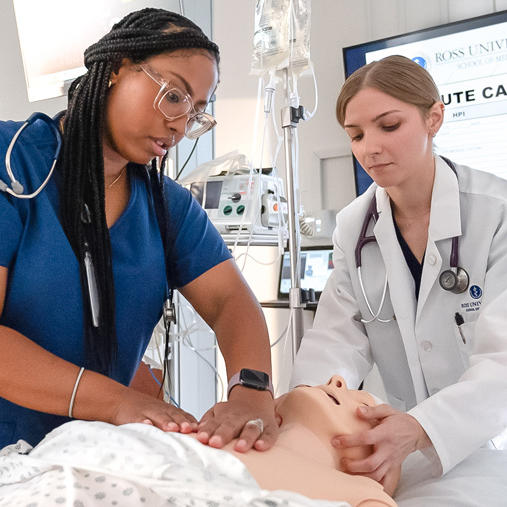Applying to Medical School FAQs
A medical residency program is designed to provide medical graduates with the clinical skills you need to practice medicine on your own.
These programs typically last from three to five years, with the opportunity to further specialize with a fellowship after the residency is completed.
The MATCH process officially begins at the beginning of your fourth year of medical school—but you’ll begin preparing for this process early in your medical training, as you complete rotations and determine your specialties of interest.
In your fourth year, you will submit application to residency programs and interview with program teams. After residency interviews, you will create a “rank-order list” of your preferred programs. The National Resident Matching Program® (NRMP®) matches your list against a list of preferred candidates created by the residency programs.
During Match Week in mid-March, you will learn if you have been matched with one of your preferred residencies.
While your GPA and grades are important, the top five factors for residency are:
- USMLE® Step 1 results as applicable,
- Letters of recommendation,
- MSPE (Medical Student Performance Evaluation),
- USMLE® Step 2 Clinical Knowledge scores, and
- Your personal statement.





